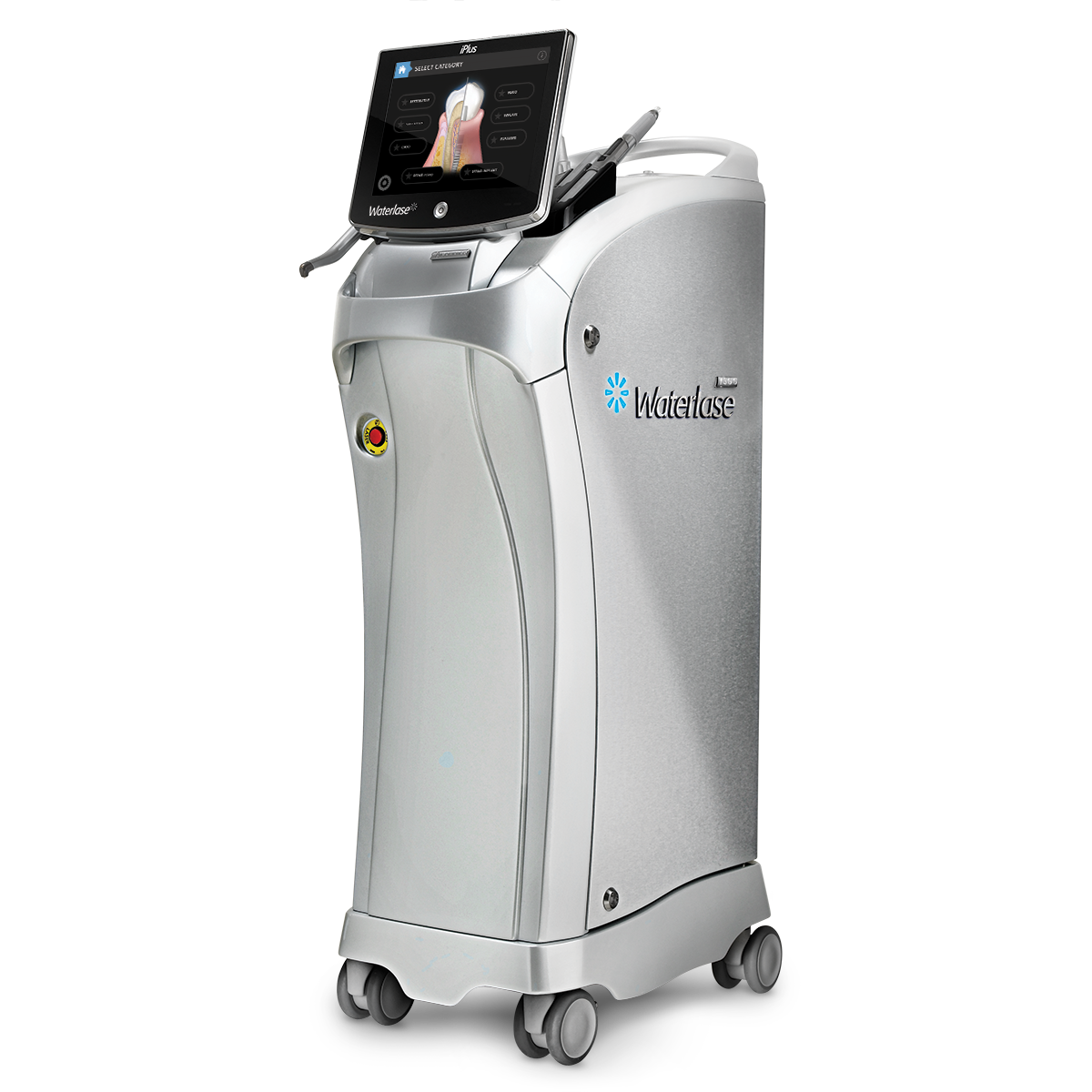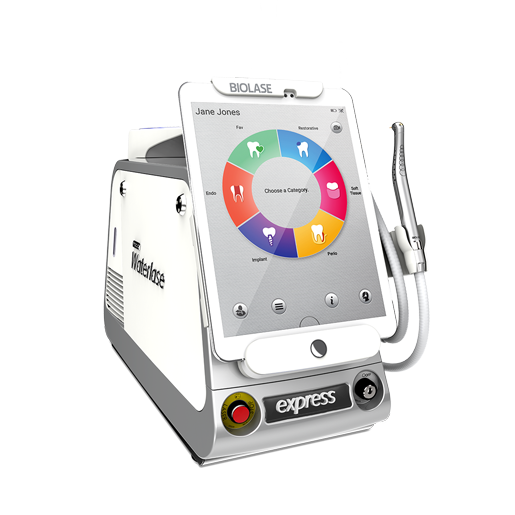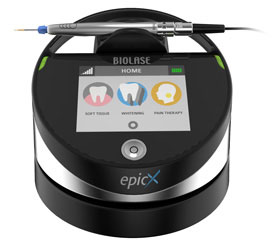If your gums ache or your teeth are sensitive then you need to get the issue checked out, but you don’t like going to the dentist – but do you have a dental phobia?
In fact, when you anticipate the needles, the numbing, and the drill, you just might be terrified of going. But did you know you’re not alone? If you have younger or school-aged children, they can pick up on this fear regardless if the signals are obvious or not, and they can become frightened of going – even before they have ever had an appointment!
Unfortunately, dentists are experiencing this dental fear in children more and more, which can make it harder to treat them, or even get them in for appointment. To help children become more comfortable at the dentist, parents need to learn to control their fear to avoid triggering or creating any negative emotions in their children. So how can you combat this? Here are some key strategies:
Practice your poker face: Hiding your nervousness from your child about your dental anxiety is a great place to start. This includes nervous movements or jitters, frowning or other negative facial expressions, and even the vaguest or simplest of words that can convey negativity.
Be positive: As hard as it may be, try being positive about the visit, not just for your child, but for yourself too. Tell your child how brave they are for going, how proud you are of them, that it is important for their health, and that the appointment may not take that long either. Depending on their level of nervousness, you may consider a small reward if their behavior warrants it. These actions can all help minimize dental fear.
Find the right dentist: Not all dentists are created equal. Even when some are good at what they do, their personality may not be the best fit for your child. Therefore, find dentists specializing in younger patients and interview them to see how they deal with nervous children. It also gives you a chance to look at the office. For example, the waiting room may have toys and books to reduce anticipation of the appointment. Additionally, many dentists have added televisions, music, and other methods of distracting patients from their discomfort during the actual appointment. Finally, ask about procedures and get the dentist to set expectations for your child – knowing is better than not knowing.
Technology: In addition to the office setup and dentist’s demeanor, technological advancements have also reduced the actual discomfort that many people experience, which can start to reverse or minimize the fear associated with the visit. For example, laser dentistry removes the need, in many cases, for the drill, thereby reducing the amount of discomfort, and lessens recovery time – all benefits for dentist, patient, and parent alike. Ask your dentist what tools they use that can help your child.
Be proactive: While they still need to visit the dentist for checkups, you can help your child avoid some of the more unpleasant dental work by developing good dental habits. Regular and proper brushing and flossing will help remove plaque and tartar, while good eating habits can keep their teeth strong and healthy. After all, preventing issues is preferable to dealing with their treatment.
You cannot completely erase either your fear or your child’s fear of the dentist, but there are ways that you can reduce it. By applying the tips above, you can help make the trip to the dentist almost as routine as a visit to the grocery store.



